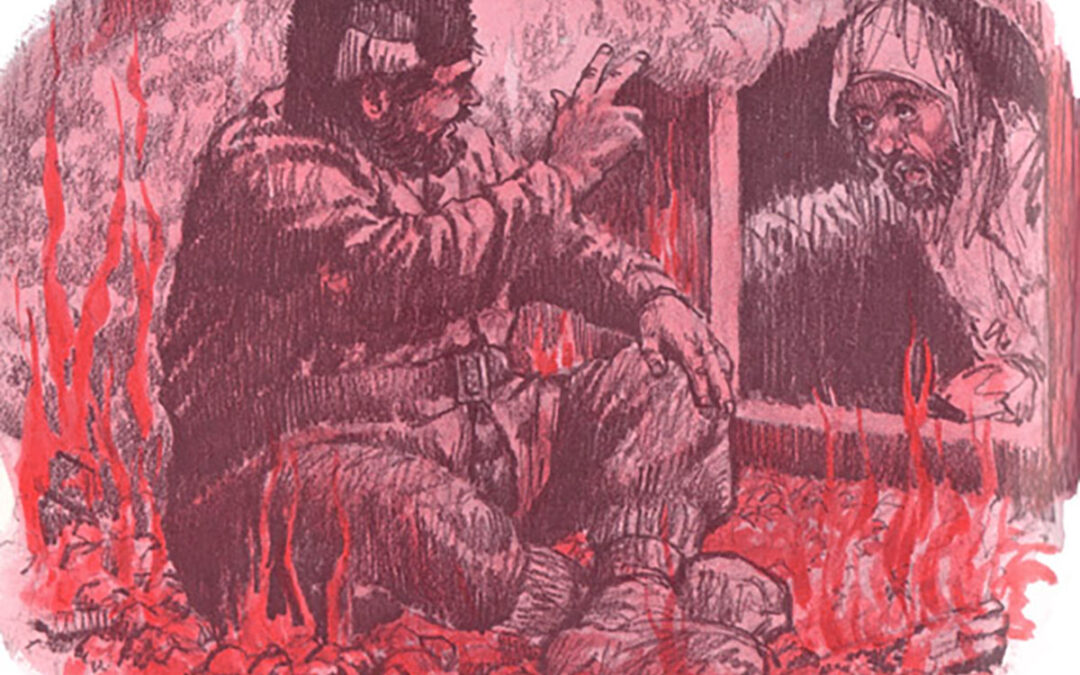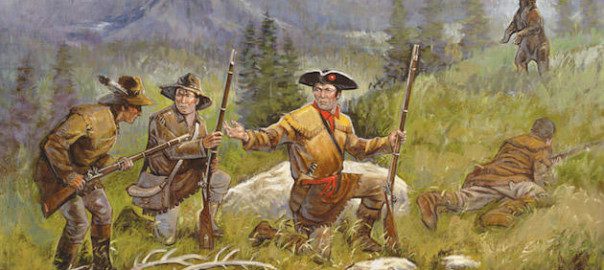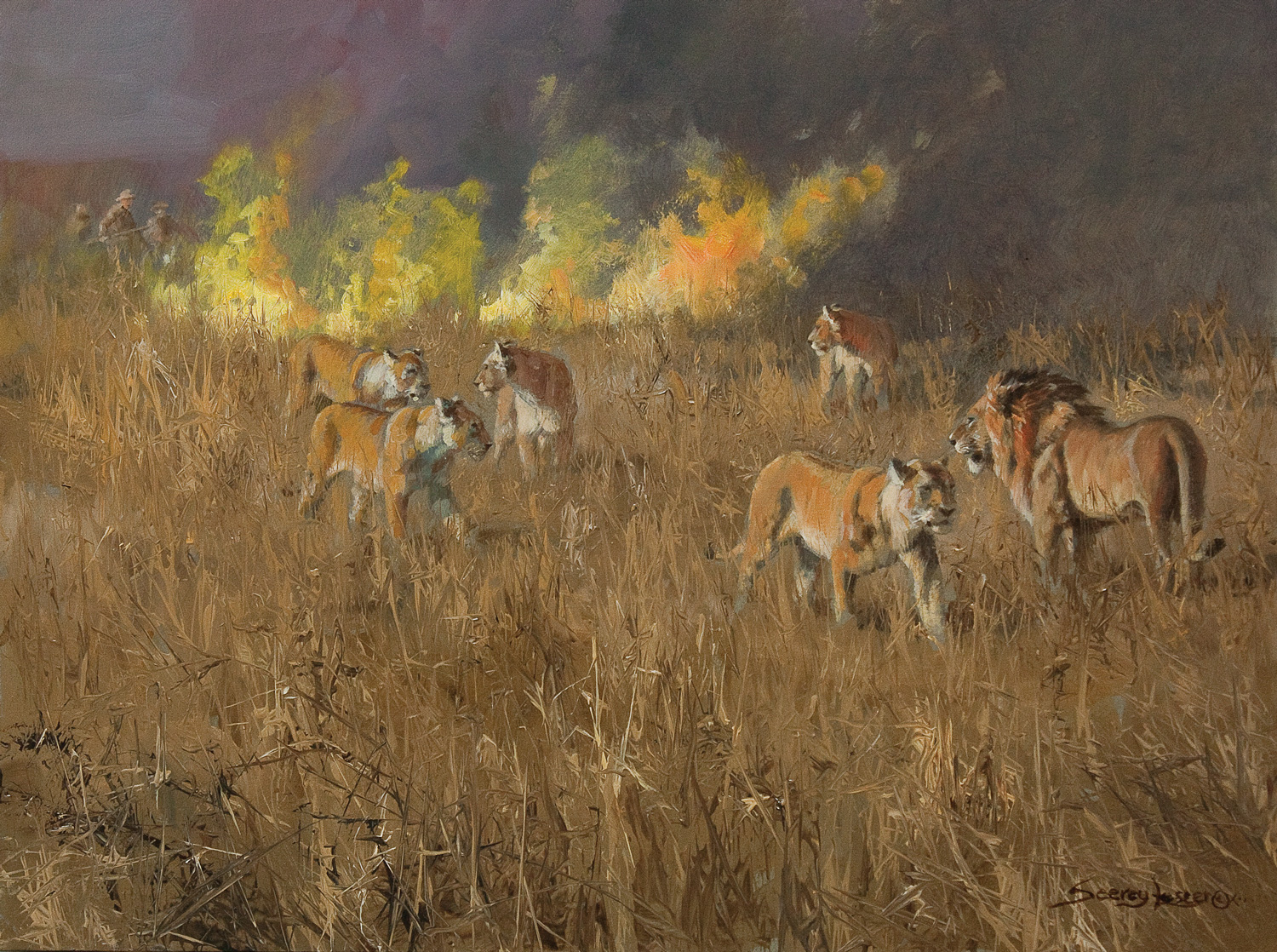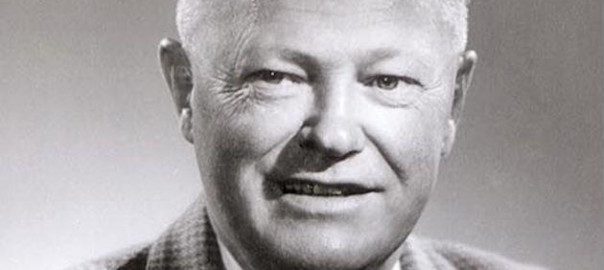An unlikely life. He was an English banker who ran off to America at an early age.
He nearly starved in Mexico, bunked in a California bordello. He passed himself as a cowboy, farmer, lumberjack, Yukondog-musher and gold miner. He drove an ambulance in the First War like Hemingway and was arrested for espionage like E.E. Cummings. He wrote two novels and starred as himself opposite Marlene Dietrich in a Hollywood production.
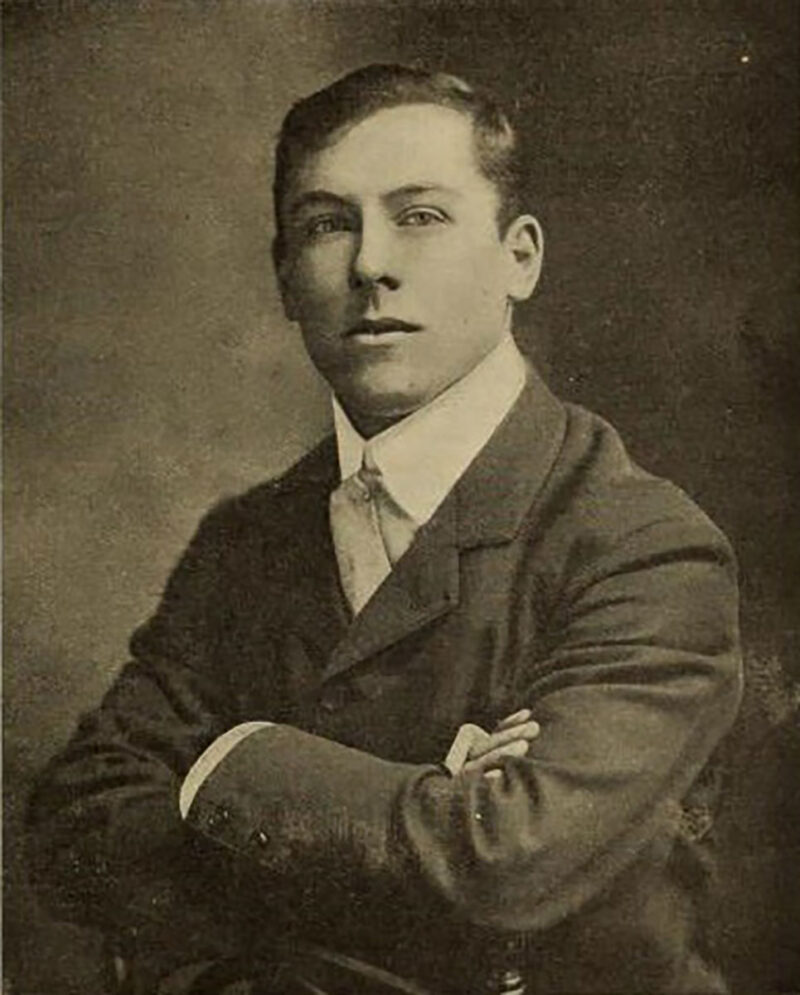 But Robert W. Service is best known for his poems — “verses,” he called them. His 40-odd rhyming couplets in The Shooting of Dan McGrew, about a murder in the Malamute Saloon, earned him a hundred grand in 1907, dollar for dollar, more than Robert Frost, poet laureate of the United States made his entire career.
But Robert W. Service is best known for his poems — “verses,” he called them. His 40-odd rhyming couplets in The Shooting of Dan McGrew, about a murder in the Malamute Saloon, earned him a hundred grand in 1907, dollar for dollar, more than Robert Frost, poet laureate of the United States made his entire career.
It gets better. Service courted a girl from Vancouver, but she wanted a man of more stable means. And likely more respectable means too, as local preachers were by then denouncing his depiction of whoring, drinking and murder as “ungodly.”
Service got a head start on “The Lost Generation,” moving in 1913 to Paris, where he was “the richest writer in town,” promenading daytimes with cane and monocle. Nights he would prowl the lowest dives with his doorman, a former policeman dismissed for undisclosed reasons. You can imagine the women, but Service courted — and kept — Germaine Bourgoin, a distillery owner’s young daughter. The happy couple retired to a villa on the French Riviera.
The Second “Var caught Service in Russia, where he fled for his life as he’d penned satirical poems about both Hitler and Lenin. The Nazis burned his villa in reprisal. Service survived the war a dozen years, passing in 1958.He is bullied in Lancideux, France. “The Cremation of Sam McGee” is from his 1907 collection, Songs of a Sourdough, which sold three million copies.
The Cremation of Sam McGee
There are strange things done in the midnight sun
By the men who moil for gold;
The Arctic trails have their secret tales
That would make your blood run cold;
The Northern Lights have seen queer Sights,
But the queerest they ever did see
Was that night on the marge of Lake LeBarge
I cremated Sam McGee.
Now Sam McGee Leas from Tennessee,
Where the cotton blooms and blows.
Why he left home in the South to roam
‘Round the Pole, God only knows.
He was always cold, but the land of gold
Seemed to hold him like a spell;
Though he’d often say in his homely way
That “he’d sooner live in hell.”
On a Christmas Day we were mushing our way
Over the Dawson trail.
Talk of your cold! Through the parka’s fold
It stabbed like a driven nail.
If our eyes we’d close, then the lashes froze
Till sometimes we couldn’t see;
It wasn’t much fun, but the only one
To whimper was Sam McGee.
And that very night, as we lay packed tight
In our robes beneath the snow,
And the dogs were f ed, and the stars o’erhead
Were dancing heel and toe,
He turned to me, and “Cap,” says he,
“I’ll cash in this trip, I guess;
And if I do, I’m asking that you
Won ‘t refuse my last request.”
Well, he seemed so low that I couldn’t say no;
Then he says with a sort of moan;
“It’s the cursed cold, and it’s got right hold
Till I’m chilled clean through to the bone.
Yet ’tain’t being dead — it’s my awful dread
Of the icy grave that pains;
So I want you to swear that foul or fair,
You’ll cremate my last remains.”
A pal’s last need is a thing to heed,
So I swore I would not fail;
And we started on at the streak of dawn;
But God! he looked ghastly pale.
He crouched on the sleigh, and he raved all day
Of his home in Tennessee;
And before nightfall a corpse was all
That was left of Sam McGee.
There wasn’t a breath in that land of death,
And I hurried, horror-driven,
With a corpse half hid that I couldn’t get rid,
Because of a promise given;
It was lashed to the sleigh, and it seemed to say:
“You may tax your brawn and brains,
But you promised true, and it’s up to you
To cremate those last remains.”
Now a promise made is a debt unpaid,
And the trail has its own stern code.
In the days to come, though my lips were dumb,
In my heart how I cursed that load.
In the long, long night, by the lone firelight,
While the huskies, round in a ring,
Howled out their woes to the homeless snows –
O God! how I loathed that thing.
And every day that quiet clay
Seemed to heavy and heavier grow;
And on I went, though the dogs were spent
And the grub was getting low;
The trail was bad, and I felt half mad,
But I swore I would not give in;
And I’d often sing to the hateful thing,
And it hearkened with a grin.
Till I came to the marge of Lake Lebarge,
And a derelict there lay;
It was jammed in the ice, but I saw in a trice
It was called the Alice May.
And I looked at it, and I thought a bit,
And I looked at my frozen chum;
Then “Here,” said I, with a sudden cry,
“Is my cre-ma-tor-eum.”
Some planks I tore from the cabin floor
And I lit the boiler fire;
Some coal I found that was lying around,
And I heaped the fuel higher;
The flames just soared, and the furnace roared —
Such a blaze you seldom see;
And I burrowed a hole in the glowing coal,
And I stuffed in Sam McGee.
Then I made a hike for I didn’t like
To hear him sizzle so;
And the heavens scowled, and the hushes howled,
And the wind began to blow.
It was icy cold, but the hot sweat rolled
Down my cheeks, and I don’t know why;
And the greasy smoke in an inky cloak
Went streaking down the sky.
I do not know how long in the snow
I wrestled with grisly fear;
But the stars came out and they danced about
Ere again I ventured near;
I was sick with dread, but I bravely said:
“I’ll just take a peep inside.
I guess he’s cooked, and it’s time I looked;”
. . . then the door I opened wide.
And there sat Sam, looking cool and calm,
In the heart of the furnace roar;
And he wore a smile you could see a mile,
And he said: “Please close that door.
It’s fine in here, but I greatly fear
You ‘ll let in the cold and storm —
Since I left Plumtree, down in Tennessee,
It’s the first tine I’ve been warm.”
There are strange things done in the midnight sun
By the men who moil for gold;
The Arctic trails have their secret tales
That would make your blood run cold;
The Northern Lights have seen queer Sights,
But the queerest they ever did see
Was that night on the marge of Lake LeBa’rge
I cremated Sam McGee.

